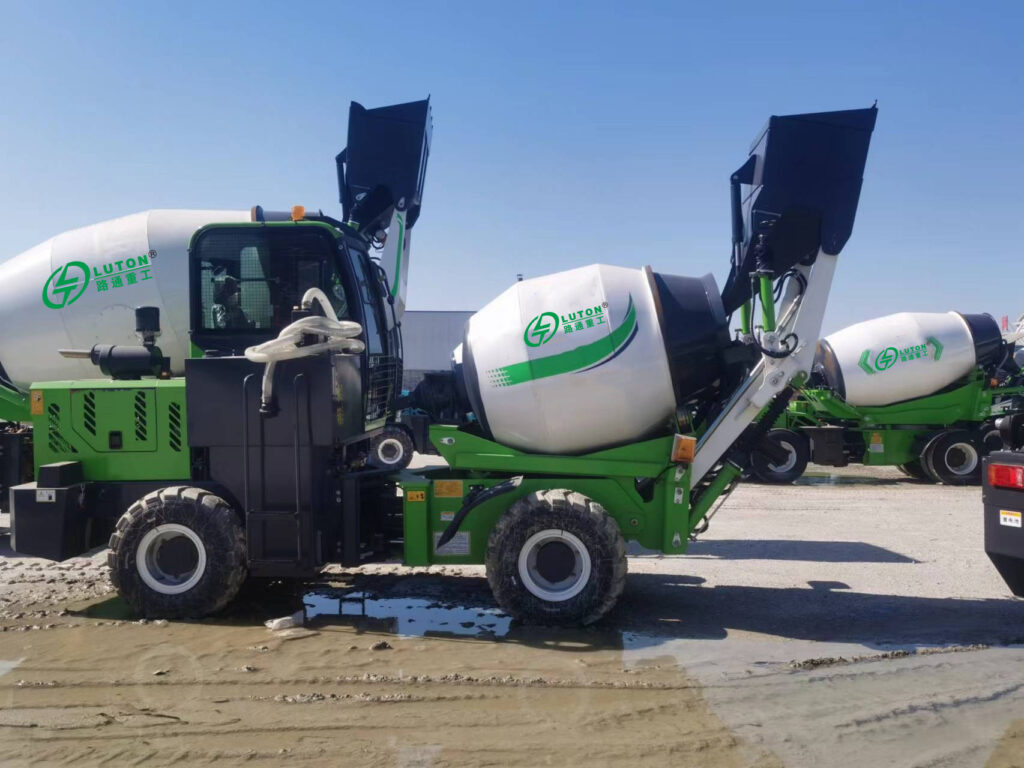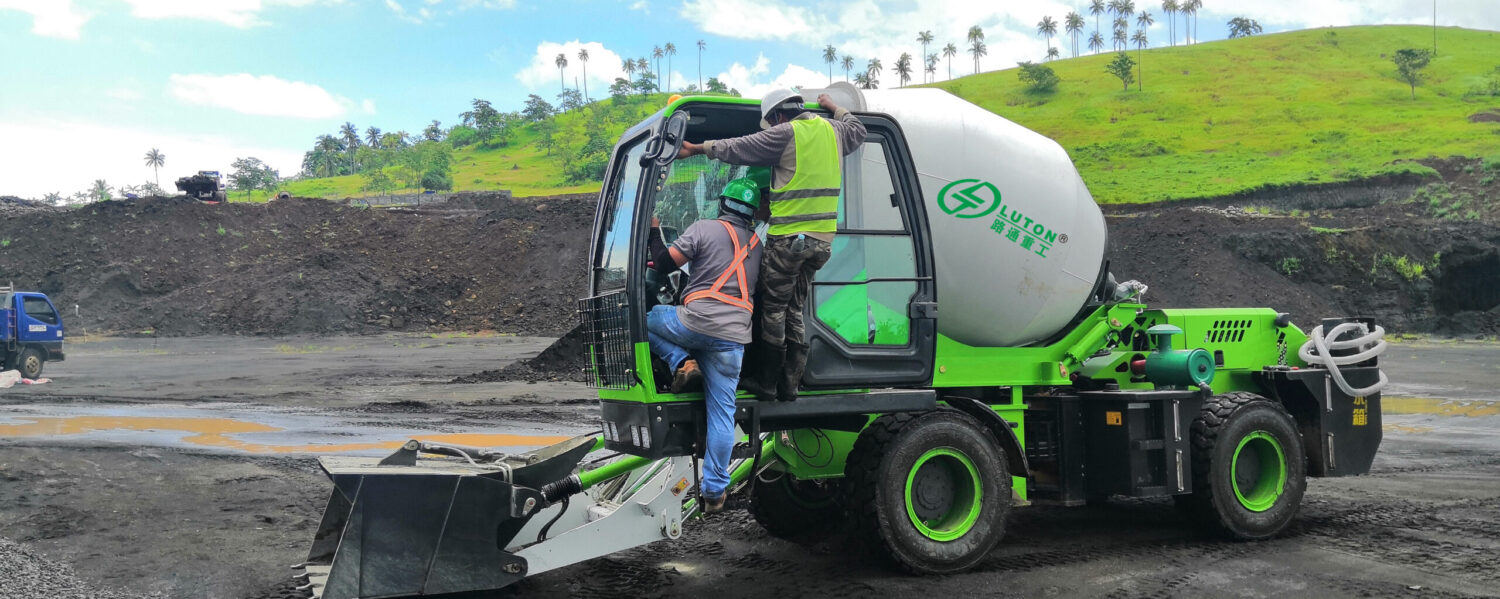Introduction
As an indispensable and important equipment in modern construction, concrete self loading mixer trucks have a direct impact on the progress and quality of the project due to their performance. As one of the core components of the mixer truck, the hydraulic control system plays a crucial role in its working principle and performance for the operation of the entire mixer truck.

Working Principle Of Hydraulic Control System
The hydraulic control system of the concrete self feeding mixer truck mainly consists of components such as hydraulic pump, control valve, hydraulic motor, and oil cylinder. When the mixer truck starts working, the hydraulic pump starts to operate, extracting and pressurizing the hydraulic oil from the oil tank, and then adjusting it through the control valve to deliver it to the hydraulic motor and oil cylinder.
After receiving hydraulic oil, the hydraulic motor will convert it into rotational power, driving the mixing shaft of the mixer truck to rotate and achieve concrete mixing. The oil cylinder, on the other hand, moves in and out under the push of hydraulic oil, thereby controlling the unloading and loading actions of the mixer truck.
The control valve is a key component in the hydraulic control system, which controls the flow and direction of hydraulic oil to achieve precise control of various actions of the mixer truck. Operators can easily perform various operations of the mixer truck, such as mixing, loading, unloading, etc., by controlling the valve.
The Impact Of Hydraulic Control Systems On Overall Performance
Work Efficiency
The efficiency of the hydraulic control system determines the work efficiency of the mixer truck. When the hydraulic control system is working properly, components such as the hydraulic pump, hydraulic motor, and oil cylinder can work together to ensure that the mixer truck can quickly and stably complete the mixing and transportation tasks of concrete.
Work Accuracy
The hydraulic control system can achieve precise control of various actions of the mixer truck by precisely controlling the flow direction and flow rate of hydraulic oil. This not only ensures the uniformity and quality of concrete mixing, but also improves the working accuracy and stability of the mixer truck.
Safety
The hydraulic control system also has functions such as overload protection and emergency braking, which can cut off the power source in a timely manner when the mixer truck encounters abnormal situations, ensuring the safe operation of the mixer truck.
Maintenance Cost
The stability and durability of the hydraulic control system directly affect the maintenance cost of the mixer truck. High quality hydraulic control systems can reduce failure rates, reduce repair times, and thus lower maintenance costs.
More informations on self loading concrete mixer truck are available on lutonmachinery.com.
Conclusion
In summary, the hydraulic control system has a significant impact on the overall performance of concrete self loading mixer trucks. Understanding the working principle and performance characteristics of hydraulic control systems can help us better use and maintain mixer trucks, ensuring their maximum effectiveness in construction.
